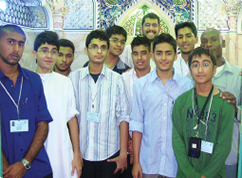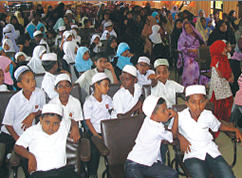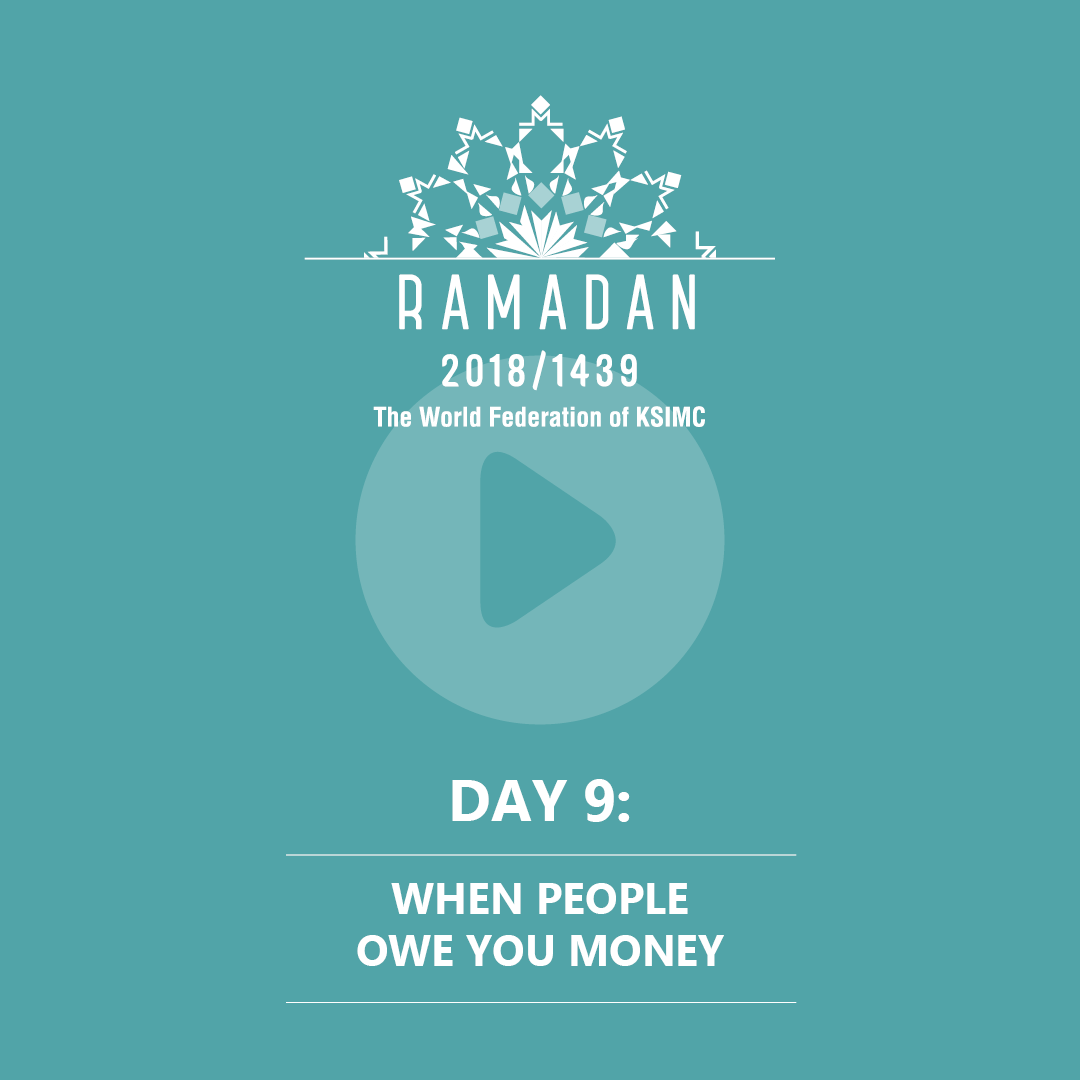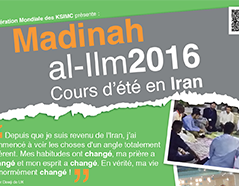We’ve created an intuitive Khums Calculator App to help you calculate what you owe and make it easy for you to pay your obligation.
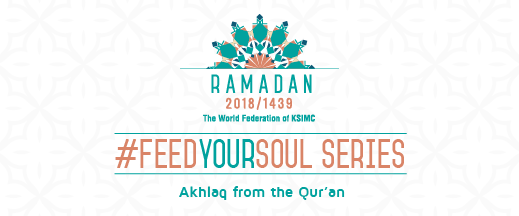
For the first 5 videos, we will focus on the introduction to the Holy month of Ramadan and for the rest of the month we will look into Akhlaq from the Qur'an.
Take part in the daily reflection\challenge to help you get closer to Allah (swt).
< Click here to watch previous videos
Day Nine
When People Owe You Money
وَ إِنْ كانَ ذُو عُسْرَةٍ فَنَظِرَةٌ إِلى مَيْسَرَةٍ وَ أَنْ تَصَدَّقُوا خَيْرٌ لَكُمْ إِنْ كُنْتُمْ تَعْلَمُون - البقره: 280
And if [the debtor] is in straits, let there be a respite until the time of ease; and if you remit [the debt] as charity, it will be better for you, should you know.
Related News
The World Federation is pleased to introduce a series of videos to help us acquire closeness to Allah (swt). The first 5 videos will be an Introduction to Shahr Ramadan and for the rest of the Holy month we will focus on Akhlaq. Click here to watch Day two.






